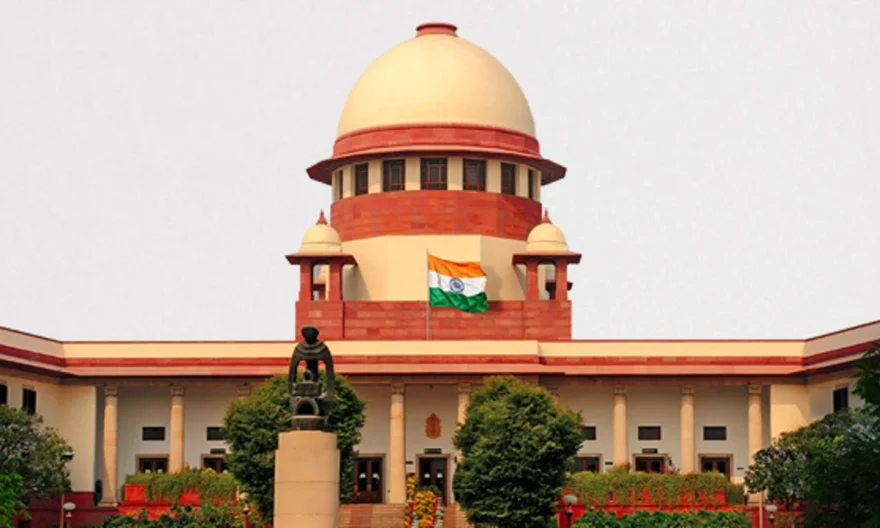
The Supreme Court has acquitted a woman who was previously convicted by a trial court for the alleged killing of her newborn child. The court stated that there was a lack of conclusive proof to establish her guilt.
A bench of Justice Abhay S Oka and Justice Sanjay Karol was hearing a plea filed by the woman, challenging a 2010 order from the Chhattisgarh High Court that had upheld her conviction and life sentence.
The top court emphasized that sentencing someone to life imprisonment necessitates a thorough examination of the evidence, and it should not be done mechanically or perfunctorily.
It pointed out that attributing the guilt of killing a child to a woman without proper evidence, merely because she resided alone in a village, reinforces cultural stereotypes and gendered identities.
The bench underlined the inviolable right to privacy and expressed concern that the lower courts’ approach and language undermined this inherent right of the convict-appellant. It became evident that the guilt had been attributed to her without a solid foundation, as no relationship of any kind could be established between her and the deceased child found in the “dabri.”
“The conclusion drawn is simply on the basis that the convict-appellant was a woman living alone and had been pregnant (as admitted in the statement under section 313, CrPC,” the top court stated.
The court further emphasized that it is entirely within a woman’s right to privacy to decide whether to bear a child or abort her pregnancy within the legal framework.
It noted that none of the witnesses had seen the convict-appellant disposing of the deceased child into the “dabri.” It emphasized that no conclusive evidence regarding any relationship had been presented by the prosecution, and no evidence had been introduced to cast doubt on the appellant’s version.
The bench also raised questions about the statement of the doctor, which did not specify whether the death of the deceased child occurred before or after birth. Although the doctor had initially stated that the death was homicidal in nature during the examination-in-chief, it was later admitted during cross-examination that this fact was not part of the official record, casting doubt on the conclusion itself.
Considering the gaps in the prosecution’s case, the court disagreed with the lower courts’ assessment that the circumstances conclusively pointed to the convict’s guilt.
In light of the discussion, the court found the conviction against the convict-appellant to be based solely on presumption, with the actual evidence failing to establish the prosecution’s case, let alone beyond a reasonable doubt.
The court expressed its constraint in observing that the high court had upheld the trial court’s view, sentencing the appellant to life imprisonment without providing adequate reasons.




